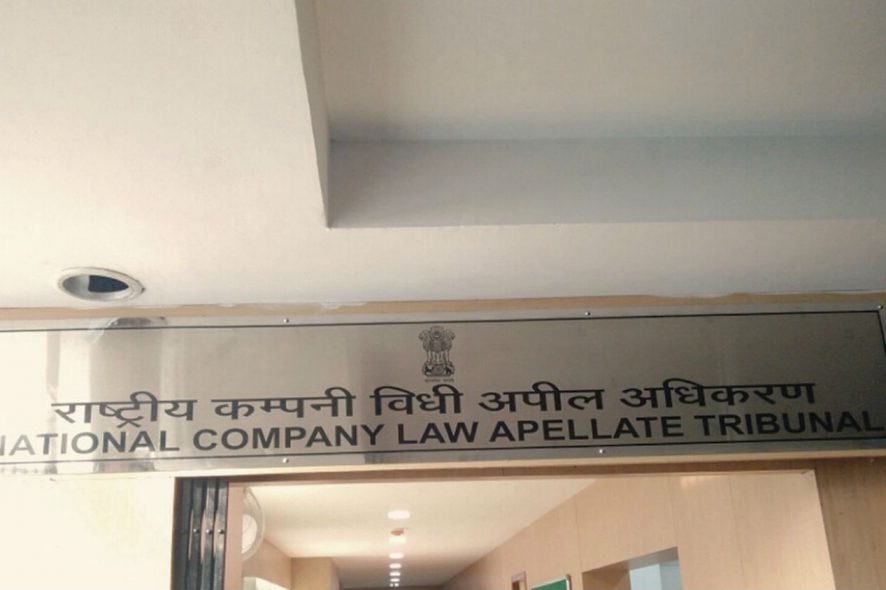National Company Law Appellate Tribunal (NCLAT): The NCLAT has held that initiation of Corporate Insolvency Resolution Process (“CIRP”) must be ordered only if there exists a default on part of the corporate debtor and not merely because there is a debt on which no default has occurred as such.
The appellant-corporate debtor had approached the NCLAT against an order passed by the National Company Law Tribunal, New Delhi (“NCLT”) through which the NCLT had, upon hearing an application by the operational creditor under S. 9 of the Insolvency and Bankruptcy Code, 2016 (“the Code”) had placed a moratorium on the functioning of the appellant and ordered CIRP to be initiated. A Resolution Professional was appointed for the same.
It was contended by the appellant that the agreement between the appellant and the respondent stipulated that the debt would mature when a third party, to which the respondent supplied certain goods, shall pay for those goods to the appellant. The appellant had already paid a substantial part of the debt, i.e. Rs. 78 crores, and the outstanding amount of Rs. 1.75 crores had not been paid yet as the same had not been received by the appellant from the third party.
The appellant also submitted that since no payment had been received from the third party, the debt had not yet matured hence the application to the NCLT under Section 9 of the Code and the subsequent order was invalid. Further, the outstanding amount was paid to the appellant after the initiation of CIRP, and the debt has matured, it was paid to the respondent in full. Hence there was no default on part of the appellant when the order to initiate CIRP was passed since the debt had not become payable by then. These submissions were not contended by the respondent.
Hence the NCLAT observed that the NCLT had erred in passing the impugned order since such an order would be made only if a default listed in the Code would have taken place. Merely because a debt existed against the appellant was not a ground to initiate CIRP and place a moratorium on the appellant’s functioning. The order by the NCLT and all actions taken by the Resolution Professional pursuant to that order were declared illegal and the appellant was declared at liberty to operate under its own Board of Directors. [The State Trading Corporation of India Ltd. v. Gandhar Oil Refinery India Ltd., Company Appeal (AT)(Insolvency) No. 236/2018, decided on 24.05.2018]






